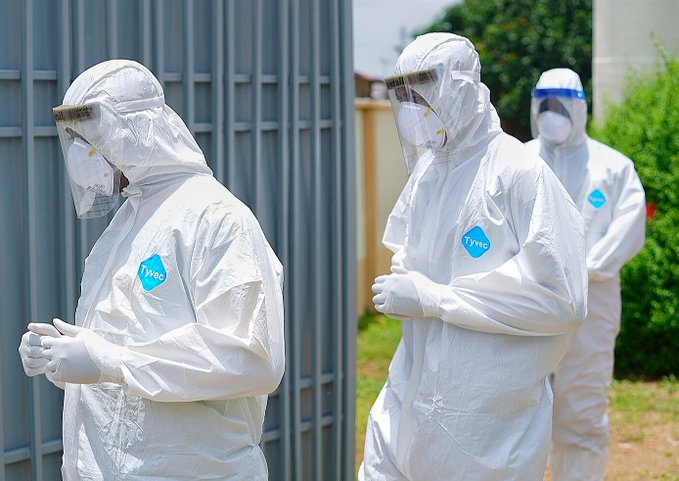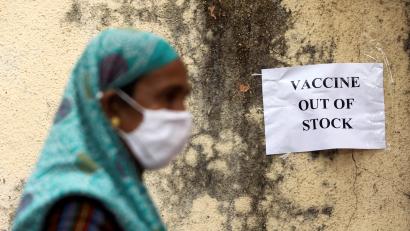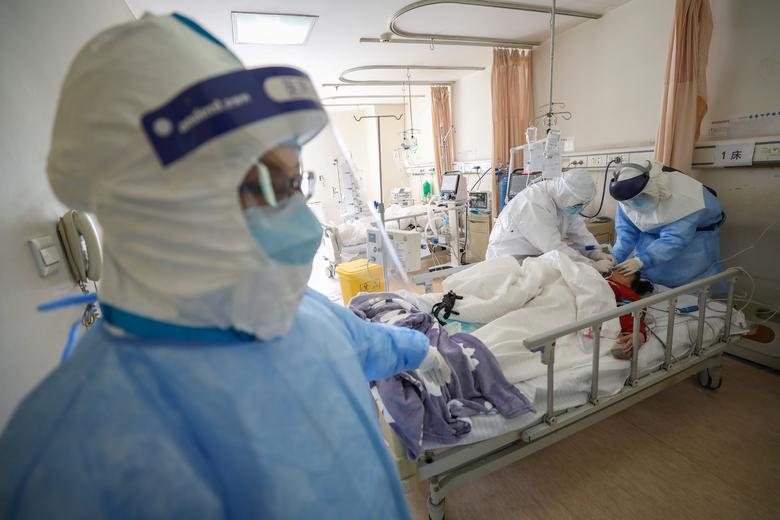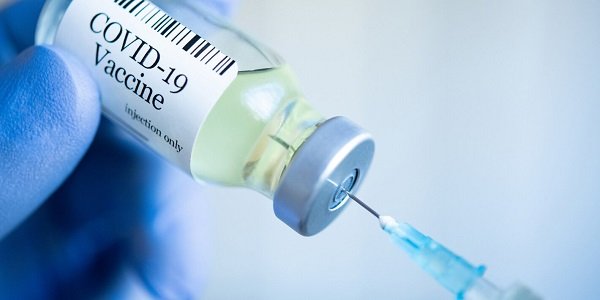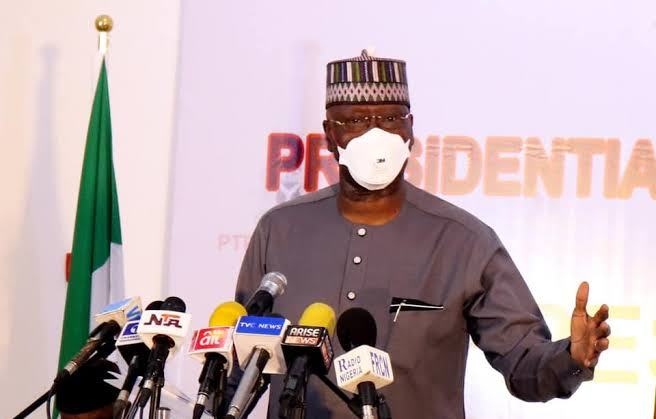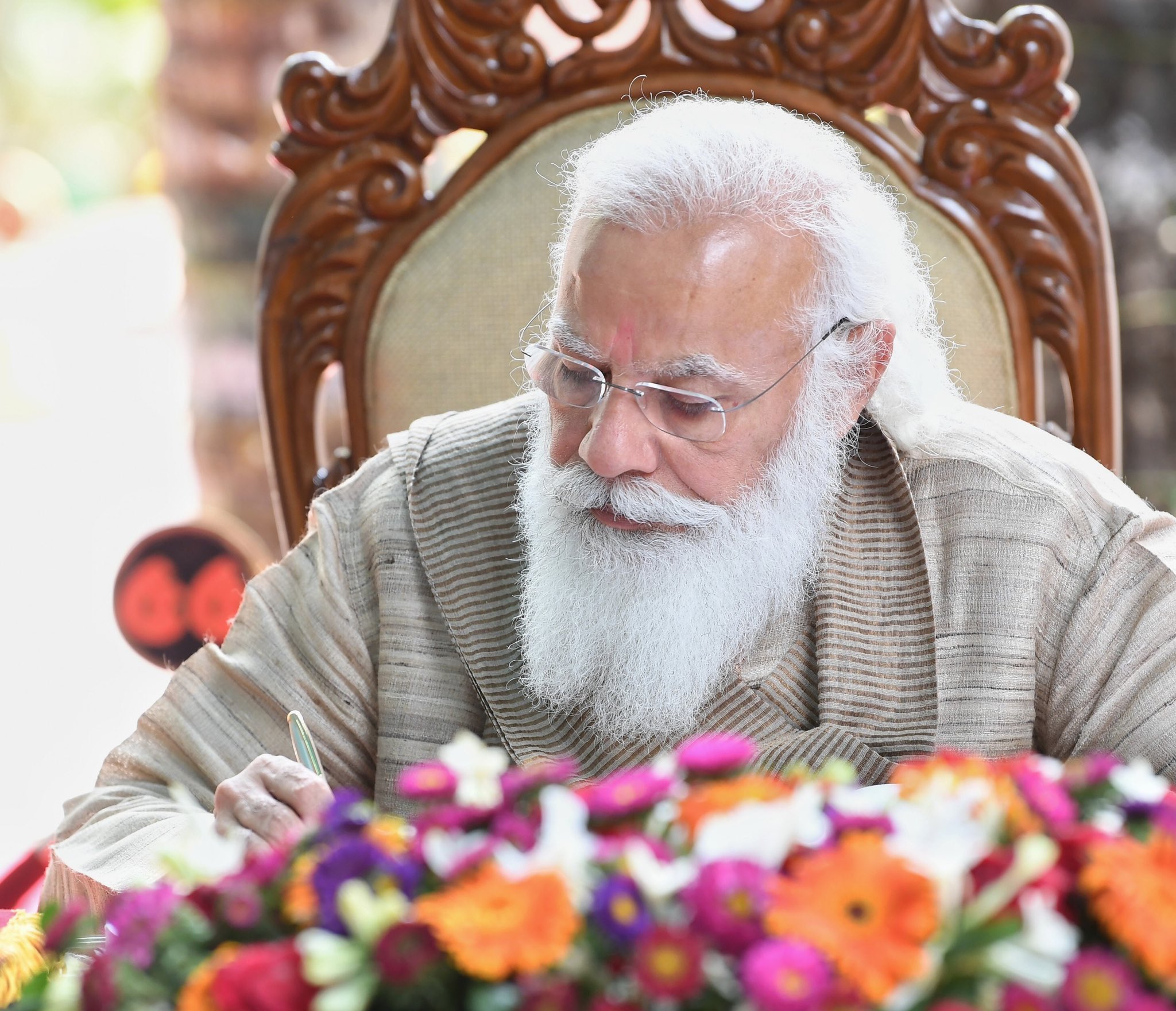The massive resurgence of COVID-19 cases and deaths in Brazil, Turkey and India has prompted the Nigerian Government to impose fresh measures aimed at preventing further importation of the coronavirus into the country.
The Presidential Steering Committee (PSC) on COVID-19, chaired by the Secretary to the Government of the Federation (SGF), Mr Boss Mustapha, said in a statement on Sunday in Abuja that the new measures included a ban on entry of non-Nigerian passengers who had travelled to the three countries in the last 14 days.
Brazil, Turkey and India recorded a combined 2,670 deaths as of May 1, 2021.
The data also showed that Brazil recorded 60,013 additional cases and 2,278 new deaths in the last 24 hours.
Turkey recorded 28,817 new cases and 373 new deaths, while India registered 7,801 new cases and 19 new deaths on the same day.
Mustapha said Nigerians and other permanent residents who had been to these three countries in the last 14 days, would be allowed entry to the nation, but must undergo a one-week quarantine in a government-approved facility.
The SGF expressed the Nigerian Government’s empathy to the governments of the three countries, saying: “the country assures them of our commitment, unflinching support and solidarity at this time of need.”
The PSC chairman said the new travel restrictions are in line with Federal Government’s efforts, “to continue to safeguard the health of the Nigerian population, as well as to minimise the risk of a surge in the number of COVID-19 cases in Nigeria.
He said the PSC carried out a risk assessment of countries with high incidence of cases, saying: “These precautionary measures are a necessary step to minimise the risk of a surge in COVID-19 cases into Nigeria from other countries, while national response activities continue.
“Nigerians are strongly advised to avoid any non-essential international travels to any country at this period and specifically to countries that are showing rising number of cases and deaths.
“The PSC on COVID-19, after due consideration, has therefore approved the implementation of the following measures: Reduction of the validity period of pre-boarding COVID-19 polymerase chain reaction (PCR) test for all Nigeria-bound passengers from 96hrs to 72 hours. Henceforth PCR test results older than 72hours before departure shall not be accepted.
“Guidelines Specific to Brazil, India and Turkey.
“Non-Nigerian passport holders and non-residents who visited Brazil, India or Turkey within 14 days preceding travel to Nigeria, shall be denied entry into Nigeria. This regulation, however, do not apply to passengers who transited through these countries.
“The following measures shall apply to airlines and passengers who fail to comply with I and II(a) above: Airlines shall pay a mandatory penalty of 3,500 dollars for each defaulting passenger.
“Non-Nigerians will be denied entry and returned to the country of embarkation at cost to the Airline.
”Nigerians and those with permanent resident permit who visited Brazil, India or Turkey within 14 days, preceding travel to Nigeria shall be made to undergo seven days of mandatory quarantine in a Government-approved facility at the point-of-entry city and at cost to the passenger. The following condition shall apply to such passengers:
“Within 24 hours of arrival shall take a COVID-19 PCR test. If positive, the passenger shall be admitted within a government-approved treatment centre, in line with National treatment protocols.
“If Negative, the Passenger shall continue to remain in quarantine and made to undergo a repeat PCR test on day 7 of their quarantine.
“Passenger(s) arriving in Nigeria from other destinations Must observe a 7-day self-isolation at their final destination.
“Carry out a COVID-19 PCR test on day 7 at selected laboratory.
“Shall be monitored for compliance to isolation protocol by appropriate authorities.
“False declaration: Passenger(s) who provided false or misleading contact information will be liable to prosecution.
Person(s) who willfully disregard or refuse to comply with directions of Port-Health staff, security agencies or evade quarantine shall be prosecuted in accordance with the law.
“State governments are required to ensure that all returning travelers from ALL countries are monitored to ensure adherence to the mandatory seven-day self-isolation period and the repeat COVID-19 PCR test on the seventh day after arrival.”
The SGF stated that the travel advisory,” shall come into effect from May 4, while adding that the guidelines provided in this document shall be subject to review after an initial period of four weeks.”
The Nigeria Centre for Disease Control (NCDC) on Saturday recorded 43 new COVID-19 infections in seven states across the country.
The new figures raised the total number of infections in the country to 165,153, an update published by NCDC on Saturday night indicated.
Lagos had the highest figure on Saturday with 28 new cases followed by the FCT and Rivers with four new cases each.
According to the update, no new death was recorded from the virus which has already claimed 2,063 lives in the country, making it the third consecutive day that nobody has died from the disease.
The number of deaths recorded from the virus has declined recently with only two deaths recorded in the last 18 days.
